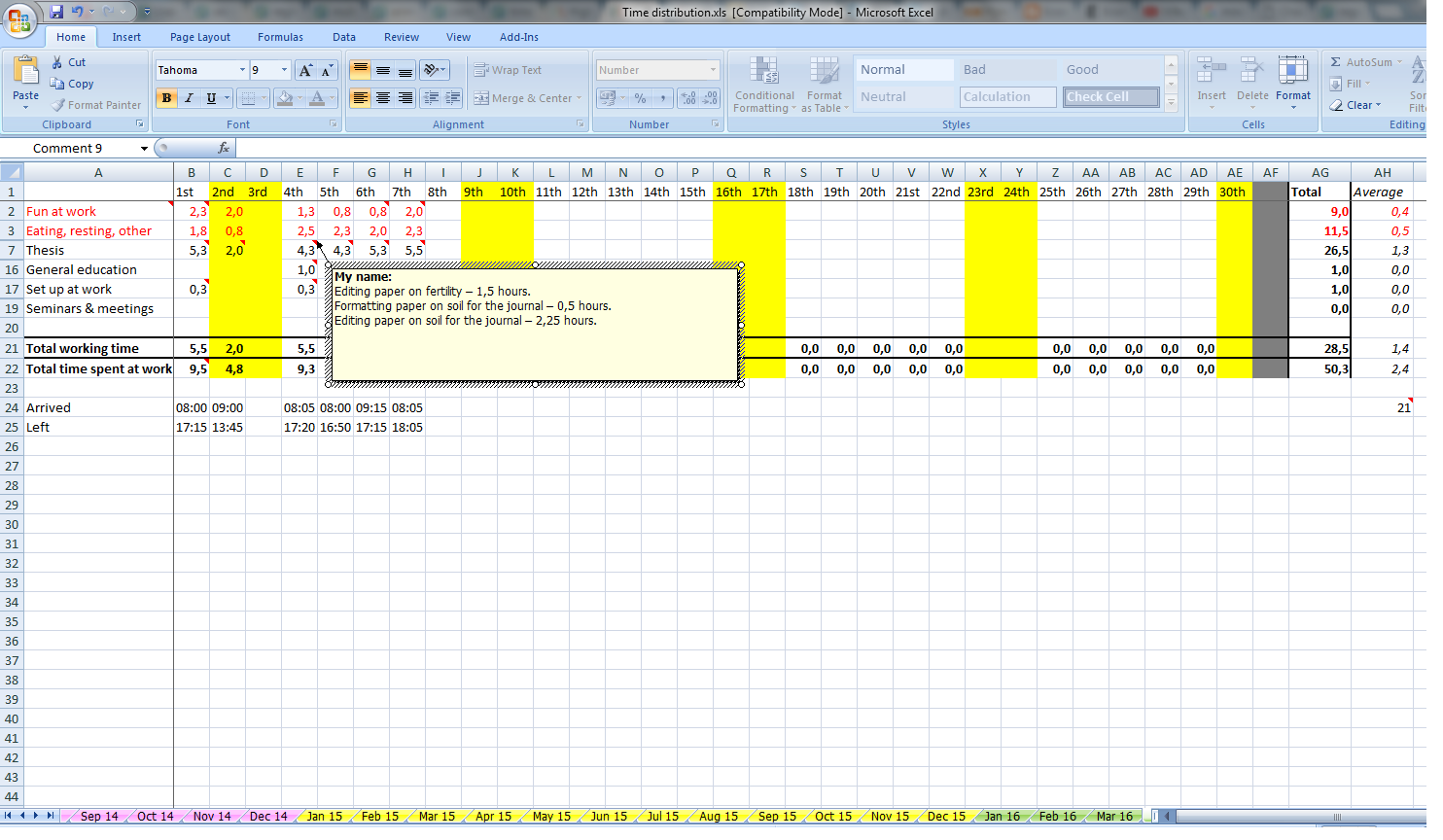I personally found this link to be really really useful.
The main point of procrastination is procrastination is easy, and hence, it is difficult to do not do it. But that automatically implies that avoiding procrastination is a high-energy thing, and it is then obvious that you cannot keep up that high energy forever, and hence, you end up minimizing procrastinating by consuming large amount of energy, and hence then you need a break or you end up actually increasing procrastination.
However, as the author of the link suggests, you can use procrastination to your advantage by using it do important things at relevant times. However, one problem with this is that you have to keep in mind thousands of to-dos and that is very exhausting. My solution to this is to use some very good calendar/to-do system and integrate it with your phone/laptop. This way, you can easily track your to-do list and suddenly, you will find that you have a lot of time to actually do stuff rather than thinking of what to do, which will help a lot in preventing getting distracted and avoid procrastination.
How this works is as follows. Everytime you have a deadline or work, make an entry of it in your calendar with an appropriate date and then reminders. Also, some calendar software allow you to put priorities on your to-dos. Kontact/KOrganizer also allows you to attach files to your to-do or events. So, you note everything you know at the time you get info. And then, whenever you open your to-do, you see a list of all the things you have to do.
Then, there is atleast some which interest you, pick the one with the highest priority and the most strict deadline, and do it. This way, you don't have to worry about keeping track of your deadlines since that task has been now transferred to your computer. Also, having all the options of to-dos available in front you always, make you more efficient.
Some people use the post-it notes in their office, but it is an inferior solution as compared to mobile/computer/cloud sync as you can access the latter anywhere, even when you are waiting for you doctor's appointment etc.

